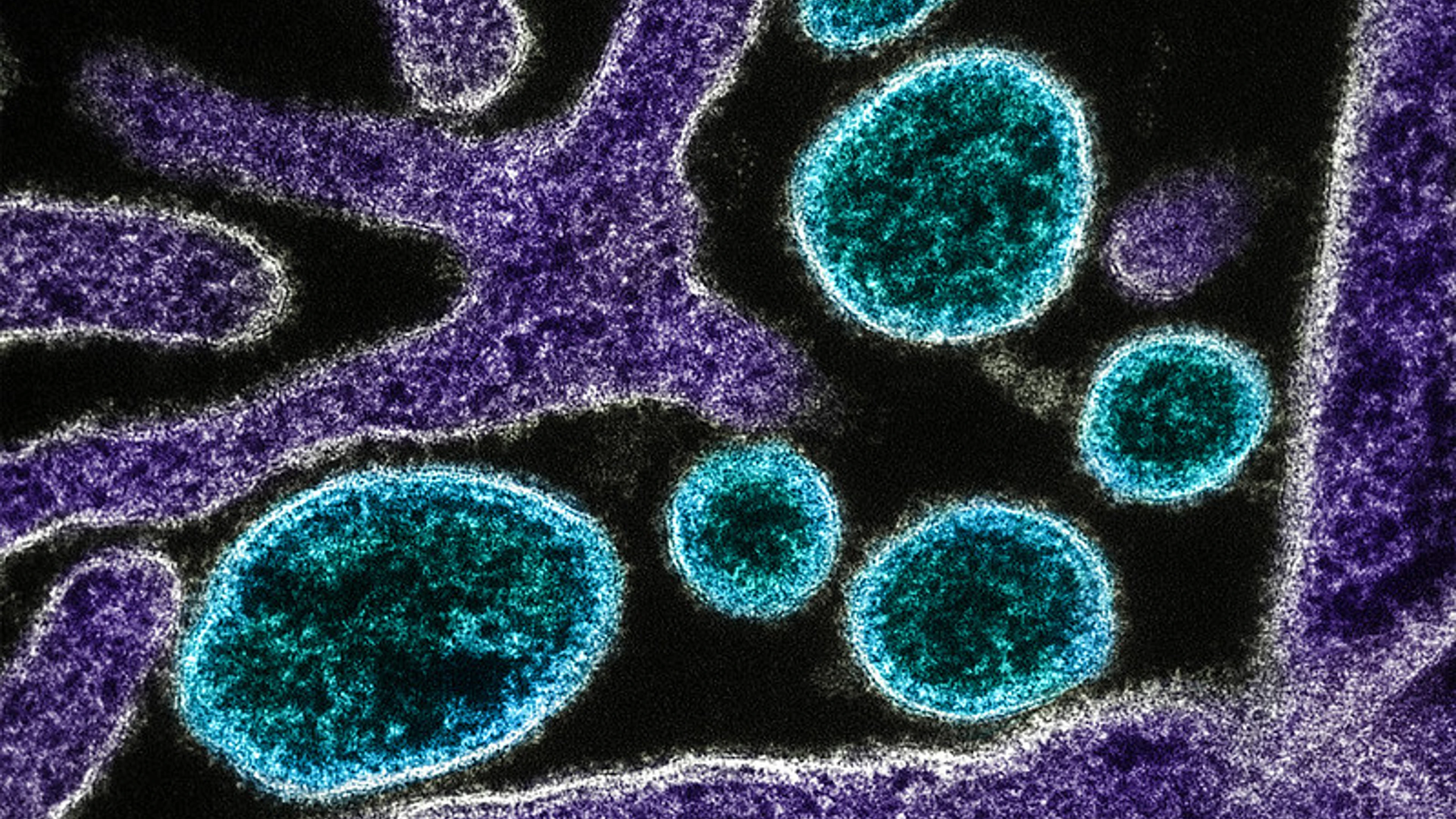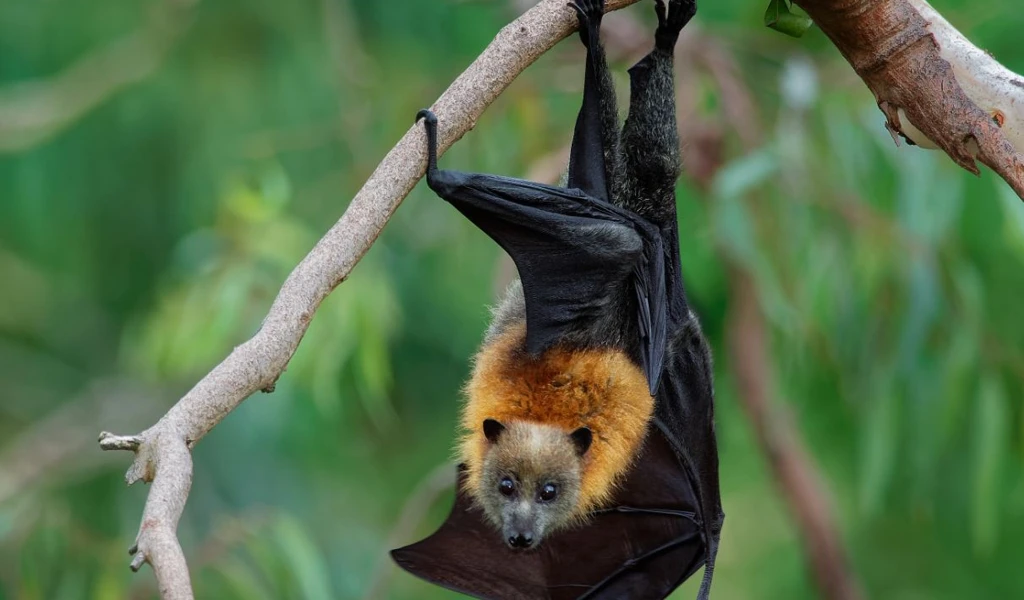20 years ago, Malaysia was struck by an outbreak of a mystery virus, now known as Nipah virus. Ahead of the inaugural Nipah@20 conference on 9-10 December in Singapore, we explore the history and research behind the disease.
Nipah is a zoonotic virus, meaning it can spread to humans from animals—in this case primarily bats and pigs. It can also be transmitted through contaminated food and directly from person to person. Nipah is one of the most deadly viruses known to infect humans.
It was first recognised in 1999 during an outbreak among pig farmers in Malaysia and is one of eight categories of disease that the World Health Organization has identified as epidemic threats in need of prioritization.
The natural hosts of the virus are Pteropus fruit bats, commonly known as flying foxes. Nipah belongs to a family of viruses that also includes Hendra, another bat-borne disease that is lethal for horses and humans.
Why is it a threat?
Although Nipah has caused only a few known outbreaks in Asia, the potential for much larger exposure is considerable, since more than 2 billion people live in parts of the world where Pteropus bats are found. There is a risk it could also be spread to areas where fruit bats do not live via transmission between people.
Nipah causes severe disease, with recorded mortality rates in Malaysia, Bangladesh and India of between 40% and 90%—comparable to Ebola.
What are the symptoms?
Nipah symptoms begin 5 to 14 days after infection and initially include fever, headaches, muscle pain, vomiting and sore throat. The disease then progresses rapidly, causing a combination of brain inflammation (encephalitis) and serious respiratory problems such as pneumonia.
Patients who recover can suffer long-term neurological conditions, including seizures and personality changes.
Initial diagnosis is difficult because the early signs and symptoms are non-specific.
What is being done?
There are currently no vaccines or specific drugs against Nipah virus infection. Intensive supportive care is recommended to treat its severe respiratory and neurological complications.
The Coalition for Epidemic Preparedness Innovations (CEPI) has four early-stage Nipah vaccine candidates in its portfolio. These are being developed by teams from academia and industry.
The experimental antiviral drug remdesivir has also shown promise in protecting non-human primates against Nipah.
Nipah@20: Inaugural Nipah Virus International Conference
To mark the 20th anniversary since the discovery of Nipah, an international scientific congress will be held next week, on 9-10 December, in Singapore, to bring researchers and practitioners together to review the historic outbreaks, discuss the latest developments in diagnostics, vaccines and therapeutics, and foster greater international collaboration.
Find out more about the two-day event on the Nipah@20 conference website.
Keep up to date with the latest updates and discussions at the conference, from Monday 9 December, by following the hashtag #NipahAt20 on social media.



